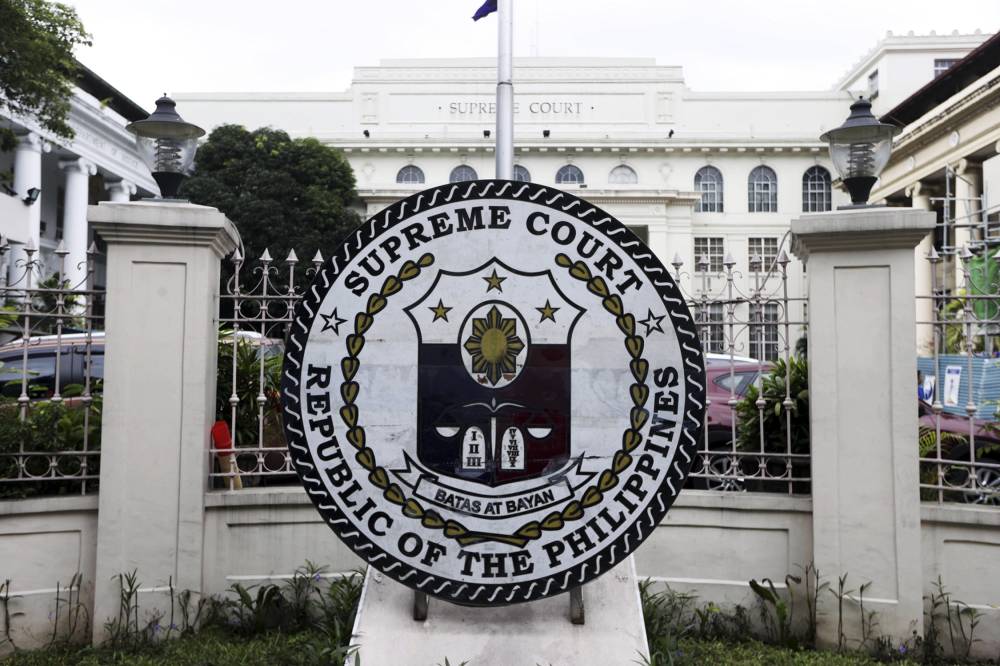SC: Gov’t agency can’t divert P1.57-M fund for IPs

Trust funds of government agencies must be spent only for the specific purpose for which they were created, the Supreme Court said as it affirmed the disallowance of P1.57 million in funds originally intended for socioeconomic programs that should have benefited the Mamanwa Tribes in Surigao del Norte.
The money, however, ended up being diverted by the National Commission on Indigenous Peoples (NCIP) for its operating expenses.
In a 15-page decision, the high tribunal en banc affirmed the notices of disallowance issued by the Commission on Audit (COA), pointing out that the questioned disbursements in the case were taken from a trust account that was specifically created “to be exclusively used” for the benefit of the IPs in Surigao del Norte.
“Clearly, using the funds for NCIP Region 13’s basic running costs—rent, equipment purchases, maintenance, communication, and supplies—violated the law,” the high court said in its decision on G.R. No. 278177, penned by retired Associate Justice Mario Lopez.
The ruling was promulgated in May but made public only on Monday.
2009 MOA
The case stemmed from a memorandum of agreement (MOA) executed in 2009 between Taganito Mining Corp., Taganito HPAL Nickel Corp. (THPAL), the Mamanwa Tribes and the NCIP in Caraga region.
Under the agreement, THPAL will provide financial aid of P2 million annually to the NCIP to be exclusively used for socioeconomic projects for the indigenous peoples (IPs) in Surigao del Norte.
The financial assistance was to be paid through a trust account established by the NCIP.
In 2012, tribal leaders signed Resolusyon No. 14, recommending that the financial assistance also be used for the NCIP’s operating expenses, including hiring community workers, holding tribal assemblies and conducting training programs.
The COA later flagged NCIP’s use of the funds for its 2013 and 2014 operations, finding it contrary to the MOA.
Among those held liable were NCIP accountant Roselle Corvera-Cirunay, who certified the availability of funds, and Ligaya de Guzman, chief of the NCIP’s Finance and Administrative Division, who approved the transactions.
The high tribunal partly granted the petition and affirmed the COA decision, but absolved Corvera-Cirunay of the liability to pay the disallowance.
It further pointed out in its ruling the distinction between “financial assistance” and the royalty payment.
“[T]he disallowed amounts do not form part of the royalty payments, which Republic Act No. 7942 restricted to be used only for the socio-economic well-being of the IP/ICCs (indigenous cultural communities),” it said.
To allow the use of the financial aid to defray the commission’s expenses for travel, rent, taxes, salaries and office equipment is against the NCIP policy to protect and promote the rights of IPs, the high court added.

















